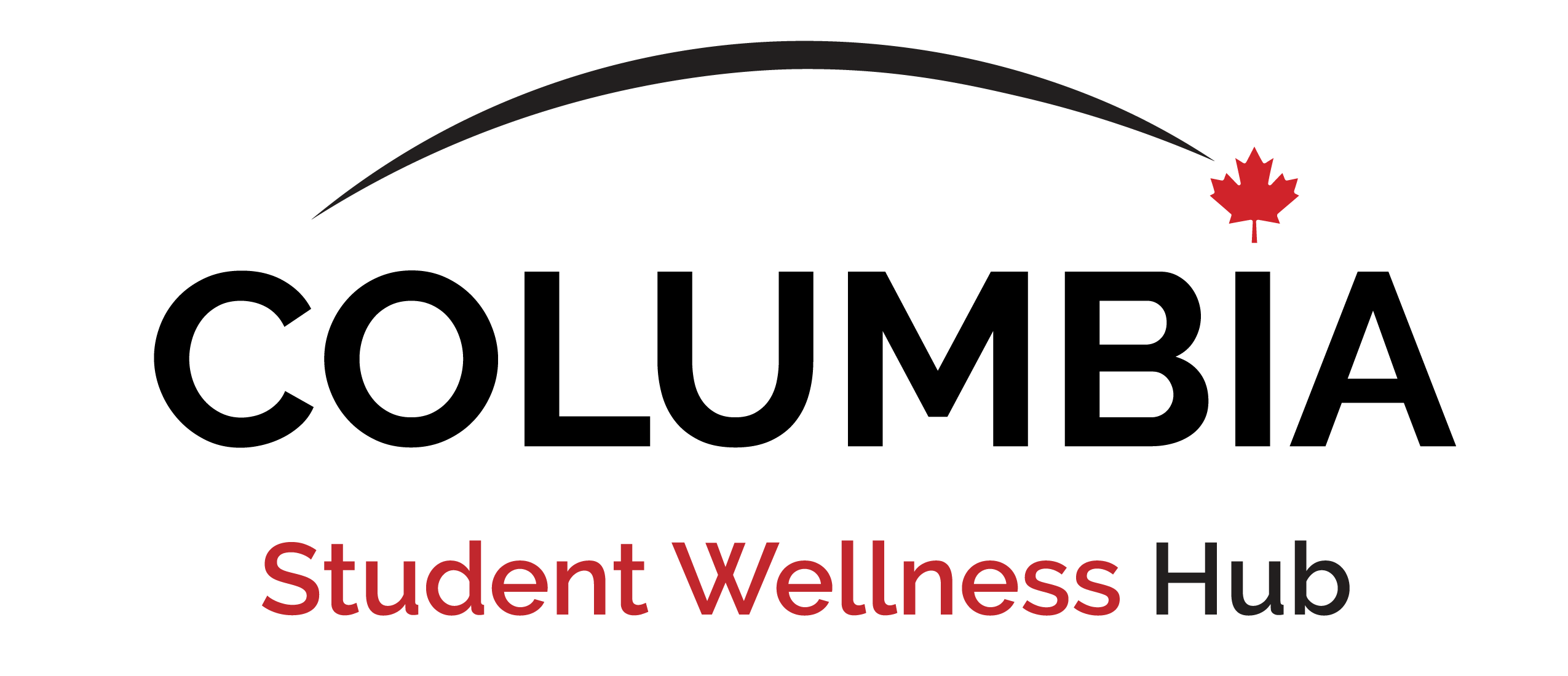Boundaries are not about saying no… they’re about saying yes to what you are willing and able to do.
In this session, “Boundaries While Supporting Students,” Angela Parsons (facilitator in the Education Assistant and Human Services programs, and Accessibility and Wellness Advisor) guides faculty and staff through the importance of maintaining healthy professional boundaries while offering support to students.
This interactive workshop explores how boundaries protect both the educator and the student, how to reframe boundary-setting language positively, and how to balance empathy with self-care. Angela also shares practical strategies, real examples, and ready-to-use responses to help navigate challenging situations with clarity and confidence.
Whether you’re new to the topic or building on prior training, this session offers valuable insights for anyone working in a student support role.
To explore more, discover related sources at the bottom of this page.
Critical Thinking Questions:
-
How can reframing boundaries as affirmations (“what I can do”) rather than denials (“what I won’t do”) influence the student-staff dynamic and communication outcomes?
-
In what ways might unclear or inconsistent boundaries unintentionally impact a student’s sense of trust, safety, or professionalism in an academic setting?
-
What strategies can you implement to ensure you’re maintaining empathy and support while also protecting your emotional and mental well-being during times of high student need?
Video Transcript:
Click here to read
Useful Resources:

Columbia Wellness Hub
The Columbia College Wellness Hub provides support, counseling, and resources to help students navigate challenges, manage stress, and thrive both academically and personally throughout their college journey.
Telus Health
TELUS Health One offers confidential mental health and wellness support, including counseling, self-guided resources, and expert advice to help students and staff manage stress, build resilience, and improve overall well-being—anytime, anywhere.

Good Inside
Good Inside, created by Dr. Becky Kennedy, offers practical, compassionate parenting and relationship tools. Focused on boundaries, emotional regulation, and connection, it helps individuals grow into more confident, resilient caregivers and professionals.


0 Comments